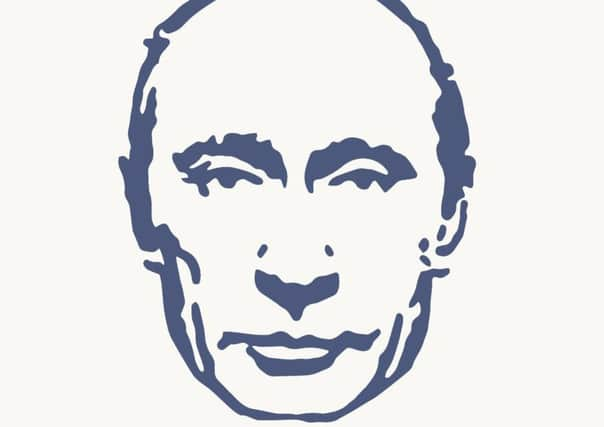Book review: We Need to Talk About Putin, by Mark Galeotti


So often, good books on Putin and contemporary Russia are weighty tomes (to his credit Galeotti recommends five of them in his short “guide to further reading”) but just like one of those “Penguin Specials” of yesteryear, you can slip this slim volume into your bag or pocket, and have the relevant facts, arguments and well-supported opinion at your fingertips.
We Need to Talk About Putin is divided into 11 short chapters, each of a dozen or so pages, each with well-chosen statistics and anecdotes, a post-Soviet joke here, a Russian proverb there, and every page pithily summarising Putin’s life story and modus operandi. Putin’s cronies are introduced, and we learn just how he protects them, or deals with them when they step out of line. The book is a real page-turner and, unusually for a non-fiction review, I’m conscious of not wanting to pen any spoilers so, for example, if you’d like to know the real reason why Minister of Defence Serdyukov was jailed six years ago and what happened to him after that, you’ll have to read about the scandal (which also tells so much about Russian governance today).
Advertisement
Hide AdAdvertisement
Hide AdThe key to understanding Putin is in trying to make sense of Russia, past and present, so Galeotti’s perspective on Putin’s own reading of Russian history is illuminating, as are his introductions to the “Russian mafia” and to the Russian security services in the 21st century. Putin’s relationship with “the spooks” is interesting. Both Gorbachev and then Yeltsin dismantled the KGB into different units and Putin himself set up yet another service, a Federal Protection Service, the FSO. Add to this military intelligence, the GRU, the service which undertook the Salisbury poisonings, and Putin has a cluster of intelligence organisations which he is proud of and never ceases congratulating and celebrating, but of course there are rivalries within them and amongst them, and they compete viciously for his ear. The oligarchs use a different technique: they seek to influence Putin by showering him with money.
All this then, suggests Galeotti, takes us towards what we really need to understand about his subject. Putin flies by the seat of his pants, with no overall plan and no aim other than to stay in power. He has been lucky so far, with oil and gas revenue holding up when it was needed. There is opposition to him, but the vast majority of Russians express their patriotism by being loyal to him, (perhaps subconsciously following the advice in Hilaire
Belloc’s poem “Jim” to “keep a-hold of Nurse / For fear of finding something worse”). Even so, his popularity ratings are well below the 89 per cent he reached in 2015, hit by his plan to raise the retirement age, and also by concerns about his Syria policy. At 66, already a year older than the new retirement age he is proposing for Russian men, might he be thinking of retiring, himself? Your perspective on this question, and many others, will be enhanced by reading Mark Galeotti’s excellent book.
We Need to Talk About Putin: How the West Gets Him Wrong, by Mark Galeotti, Penguin, 160pp, £9.99